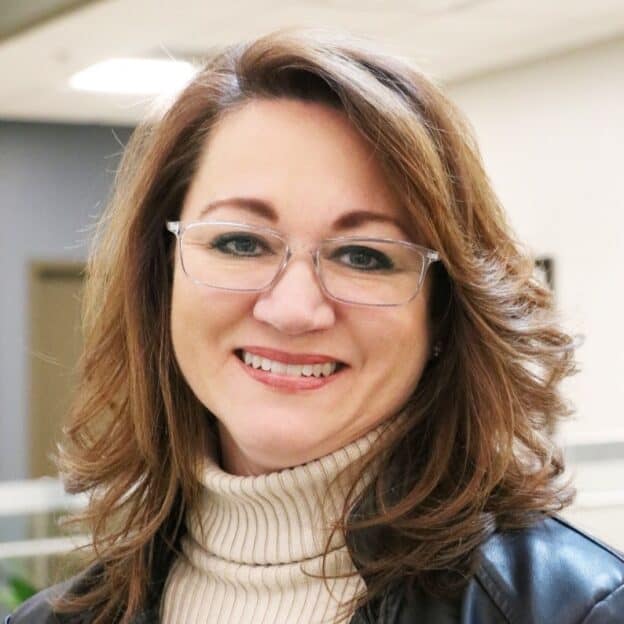ABA treatment has exponentially increased to a market size of over $4 billion USD with a projection of 5% growth every year. Many companies have leaders at the helm who do not understand how to apply the Code of Ethics to CPT Codes and daily clinical practices. Often times, clinicians do not know what questions to ask so they can guide management teams towards an ethical application of ABA that will benefit patients, parents, and professional growth. It is my intention to provide participants with guidance on how and when to ask questions about identifying clinical tasks that align with both BACB guidelines and insurance CPT codes. Fraudulent billing will get you fired, fined, and finished in ABA. CPT Codes are defined using guidance about medical necessity from the ABA Coding and Coalition and the American Medical Association. Restricted and Unrestricted Activities are defined and monitored by the BACB. CPT Codes are not intended to reflect a direct, one-to-one relation between the codes and Restricted and Unrestricted Activities. Often times, company leaders, with their eyes on KPIs, misunderstand the importance of designing therapy spaces (homes, clinics, schools, etc) to include all developmental domains included in medical necessity criteria. This webinar will review how to delineate between the CPT Codes and the associated Restricted and/or Unrestricted Activities.
Learning Objectives:
- Participants will learn how to apply CPT codes to daily activities;
- Participants will learn what questions to ask to confirm ethical billing practices;
- Participants will learn how to integrate CPT codes with BACB restricted and unrestricted tasks;
- Participants will demonstrate how to set up a daily schedule that reflects medical necessity goals with CPT Codes;
- Participants will practice how to ask questions about therapeutic activities to clarify medical necessity and CPT Codes
PRESENTER(S): Tina Guidry
Tina Guidry is a Board Certified Behavior Analyst (BCBA) with 25 years of experience working to improve behavior change practices in educational, clinical and community programs. She has guided public and private organizations and government agencies in the US and UK with the implementation of research-based behavior change programs to improve daily practices and performance outcomes for children, adults, families and professionals experiencing behavioral challenges. In addition, she has participated in and published several research studies and provided workshops at national and international conferences surrounding topics related to the science of learning and behavior.

